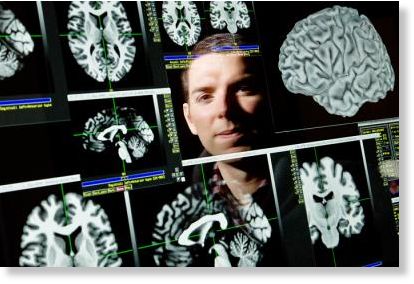Misconduct occurs across the career spectrum, from trainees to senior scientists.Male scientists are far more likely to commit fraud than females and the fraud occurs across the career spectrum, from trainees to senior faculty. The analysis of professional misconduct was co-led by a researcher at Albert Einstein College of Medicine of Yeshiva University and was published today in the online journal
mBio.
"The fact that misconduct occurs across all stages of career development suggests that attention to ethical aspects of scientific conduct should not be limited to those in training, as is the current practice," said senior author Arturo Casadevall, M.D., Ph.D., professor and chair of microbiology & immunology and professor of medicine at Einstein, as well as editor-in-chief of mBio.
He added, "Our other finding - that males are overrepresented among those committing misconduct - implies a gender difference we need to better understand in any effort to promote the integrity of research."
In a previous study, Dr. Casadevall found that misconduct is responsible for two-thirds of all retractions of scientific papers. The finding was unexpected, since earlier research had suggested that errors account for the majority of retracted scientific papers.
Researchers embarked on the current study to better understand those who are guilty of scientific fraud. They reviewed 228 individual cases of misconduct reported by the United States
Office of Research Integrity (ORI) from 1994 through 2012. ORI promotes the responsible conduct of research and investigates charges of misconduct involving research supported by the Department of Health and Human Services.
An analysis determined that fraud was involved in 215 (94 percent) of the 228 cases reported by the ORI. Of these, 40 percent involved trainees, 32 percent involved faculty members, and 28 percent involved other research personnel (research scientists, technicians, study coordinators, and interviewers).


Comment: Learn how A Little Meditation Goes a Long Way:
Meditation and Its Benefits
Meditation builds up the brain
Meditation Makes You More Creative
Meditation Better Than Morphine
Brain Scans Reveal Why Meditation Works
Brain Scans Show How Meditation Calms Pain
Meditation Reduces the Emotional Impact of Pain
Meditation As a Form of Mental Exercise to Improve the Brain
Brain Scans Prove Meditation "Effective in Curing Mental Illness"
Confused about which meditation practice to try? Visit the Éiriú Eolas Stress Control, Healing and Rejuvenation Program website to about learn more the modern revival of an ancient breathing and meditation program which is being acclaimed around the world as THE TOOL that will help you to: